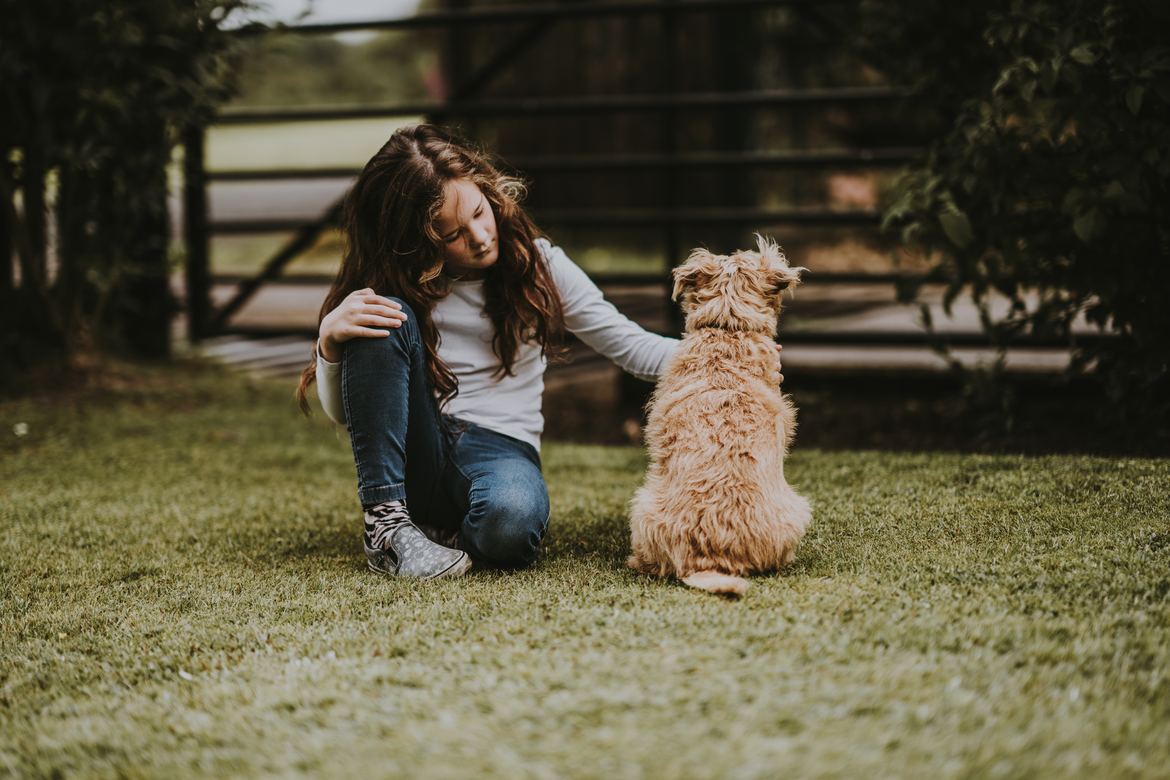By Emily Folk
Children love dogs – and rightfully so. These fluffy friends provide kids with unconditional love, hours of playtime and strong companionship. It’s no wonder dogs are called man’s best friend!
But did you know that dogs are also extremely beneficial for your child’s health? Having a dog will teach a child responsibility and empathy while fostering positive emotional, cognitive, physical and social development. Here are five more ways a dog can benefit your child’s health.
1. Increase social skills
Having a dog is almost like having another child. Mutual love for your dog can help siblings grow closer to each other and reduce feelings of jealousy and discontentment. Teach your children how to work together to take care of the dog and play with him. From sharing responsibilities, brothers and sisters will grow closer together and learn how to work as a team.
Dogs can also help create bonds outside of family circles. For children especially, dogs are often a bridge for communication between shyer children and more outgoing potential playmates. Young kids are more likely to approach and interact with other children who are playing with an animal, creating a catalyst for friend-making.
2. Provide both mental and physical therapy
No matter what your child does, you can be sure your dog will love them unconditionally, even when you might find it hard to do the same. These nonjudgmental, gracious, loving pets are the perfect therapy for emotionally and physically distressed children. Studies have shown that pets, such as dogs, can lower blood pressure, reduce anxiety and stress and speed up physical recovery times.
3. Reduce the risk of asthma and allergies
For the longest time, doctors believed that owning a dog would trigger asthmatic symptoms and increase the risk of serious harm to children. Fortunately, recent studies have proven this theory untrue. One of the primary variables researchers considered in their studies was the presence of dogs and cats in the home. While cats encouraged more childhood wheezing and asthma, dogs had the opposite effect. Children who experienced wheezing early on were less likely to develop asthma if their family owed a dog.
Dogs introduce children to bacteria at an early age, which helps them develop a stronger immune system. Exposure to these relatively harmless bacteria can decrease a child’s chances of developing asthma later in life. It can also result in fewer allergic reactions in the future.











